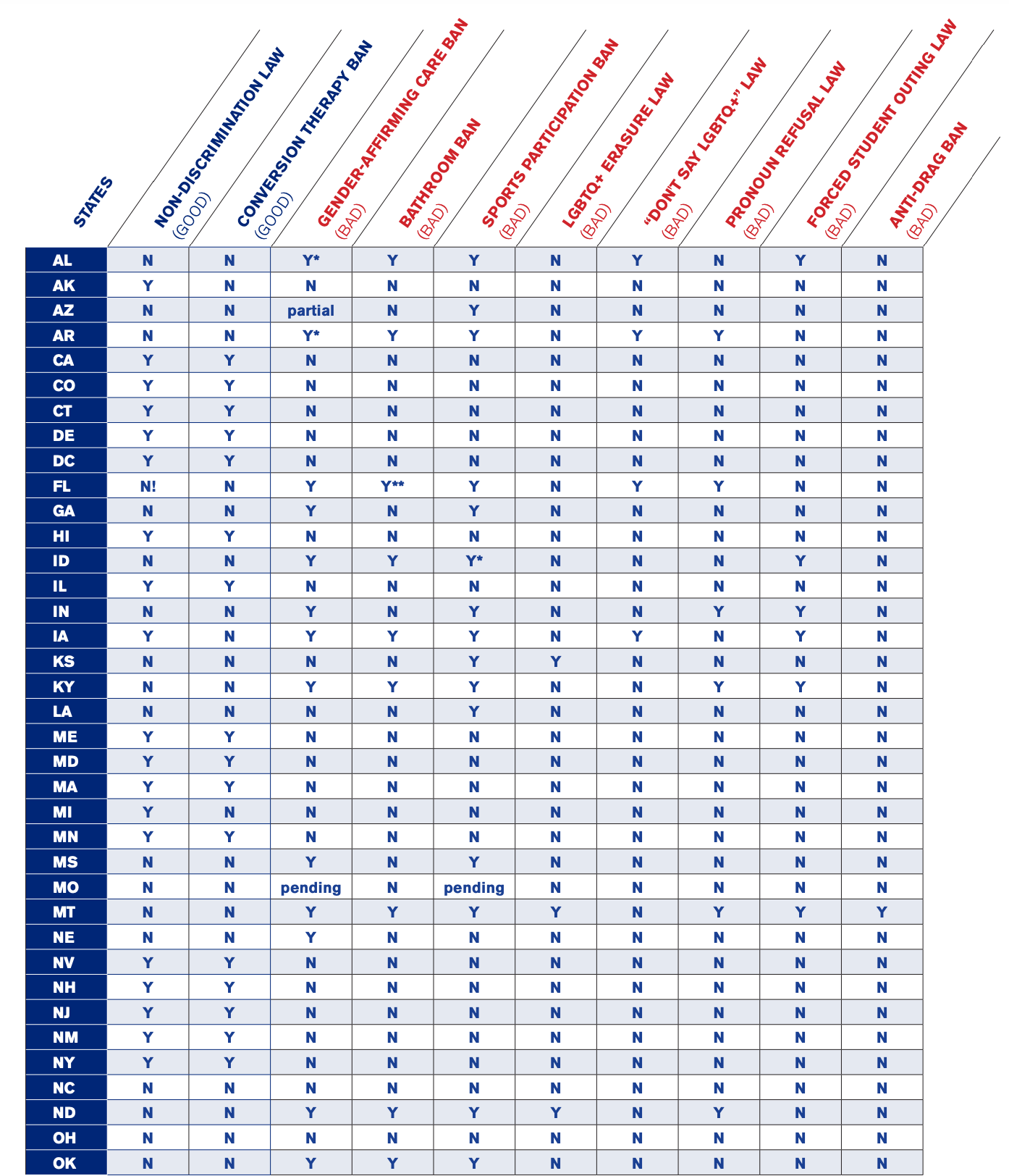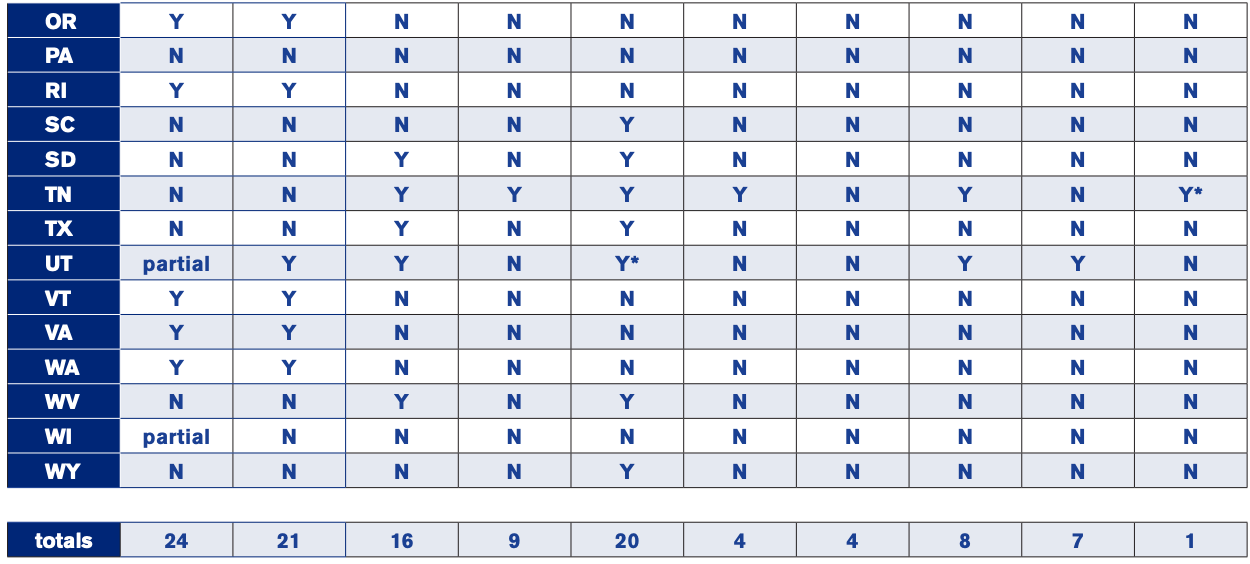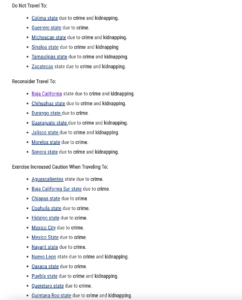In response to increased anti-LGBTQ+ legislation efforts in the U.S. in 2023, the Human Rights Campaign has declared what it calls a state of emergency for members of the LGBTQ+ community. It also released new state-by-state guidance on issues for the community in various states.
On June 6, the LGBTQ+ lobbying group released a guidebook aimed at the 75-plus bills that have been implemented in 2023 to restrict LGBTQ+ persons. They include more than 200 proposed bills targeting transgender youth.
The warning from the HRC comes at the beginning of Pride Month when hundreds of thousands of people will travel across the country to attend Pride parades.

It also follows a slate of anti-gay laws signed into law in places like Florida, where some Pride events have been canceled due to fears over safety. The NAACP issued a travel warning for Florida, saying the state has become hostile ” … toward African Americans, people of color and LGBTQ+ individuals.”
We asked the HRC for a statement on potential travel warnings but did not receive a response in time for publication. However, the HRC report offers insights into the group’s decision to issue the warning and guidance.
“In 2023, we entered a new phase of legislative attacks, with bills passing in many states designed to erase entire communities of people under the law,” the HRC report says. “These new laws create dangerous situations and keep people from being able to participate in public life. More than 525 anti-LGBTQ+ bills have been introduced in 41 states in 2023 alone, with 220+ specifically targeting transgender youth.”
The report considers actions taken by states, such as banning drag shows, promoting conversion therapy and opposing gender-affirming care. It also includes states’ stance on bathrooms based on transgender identification and participation in school sports by transgender students. Additionally, the HRC outlines states with legislation like the LGBTQ+ Erasure Act, the “Don’t Say Gay” bill, pronoun refusal laws and forced student outing laws.


The HRC says its guide is “designed to support all individuals and families regardless of their choices or options” and also provides resources for those in affected states.
For example, the HRC suggests visitors and locals review its State Equality Index, a comprehensive report of statewide laws and policies affecting members of the LGBTQ+ community and their families. The HRC also encourages people to examine its Municipality Equality Index for a more in-depth look at laws in specific cities. For more resources, the HRC provides an interactive State Maps feature outlining relevant laws and policies related to non-discrimination, healthcare and youth, among other issues that affect members of the LGBTQ+ community.
This year so far, the HRC notes that 41 states have introduced more than 500 anti-LGBTQ+ bills, including 22 states that now restrict participation in school sports by transgender students and 10 states that restrict restroom access for transgender students. It also notes that 19 states have bans on gender-affirming healthcare for transgender and nonbinary minors, with one additional bill on a governor’s desk as of the report’s publication.
Nationally, much attention has focused on recent Florida legislation signed by Gov. Ron DeSantis impacting schools, including legislation restricting educational materials, such as books and teacher instruction related to gender and sexuality, along with legislation that prohibits transgender people from using restrooms in publicly owned spaces like airports.
“In 11 states, school personnel can either misgender transgender students, be forced to “out” them to their parents — even if that puts the student in danger at home — or be bound by ‘Don’t Say LGBTQ+’ laws that restrict their ability even to acknowledge the existence of LGBTQ+ people,” the HRC report says.
“Several states have combined administrative attacks on transgender youth and their families with legislative attacks, including Florida, Missouri and Texas,” the HRC report continues. “Several of these laws have been enjoined by federal courts, and dozens of additional lawsuits have been filed in recent months.”
Related reading:
- Pride and points: Earn United miles on donations to LGBTQI+ charities this month
- Top 10 LGBTQ-friendly destinations
- These LGBTQ-focused travel companies can help you plan the perfect cruise
- How to navigate an LGBTQ+ name/gender change for travel-related documentation
- LGBTQI+ family travel tips to keep you safe and sane




